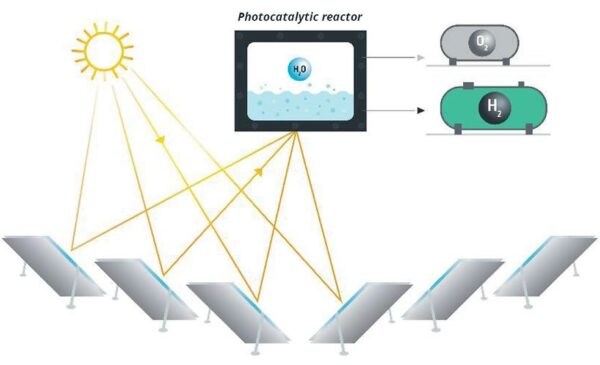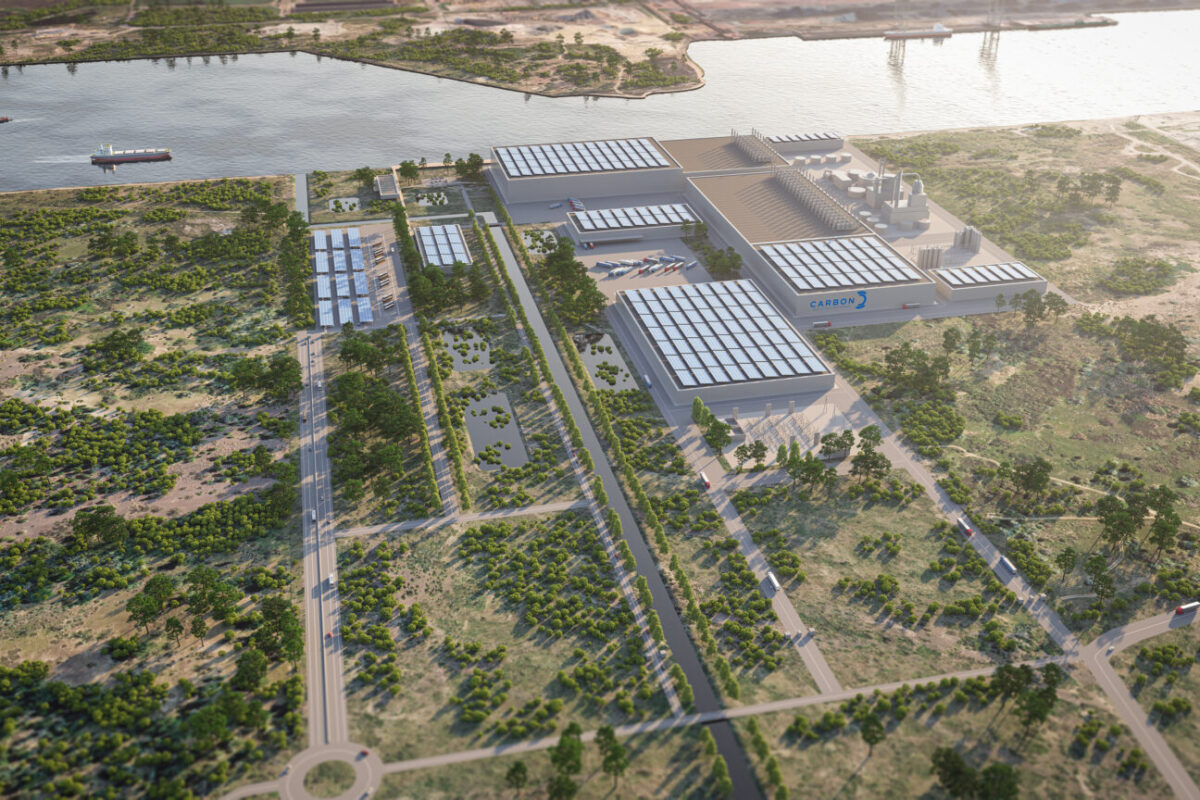
The CSIRO has been operating a concentrated solar thermal plant known as the CSIRO Energy Centre in Newcastle, New South Wales, where Sparc Hydrogen recently completed its initial testing.
“The data and learnings from the repeated on-sun trials are invaluable and will improve reactor design as we continue to scale the technology towards a pilot plant,” said Sparc Technologies Executive Chair Stephen Hunt.
The company said it has been working with an unnamed external consultant to complete a pilot plant study. It said that study will completed before the year is out and is based on a site location “proximal to Adelaide.”
It will incorporate a concept flowsheet design, equipment selection, costs, risks and opportunities for a pilot plant which will enable continuous on-sun testing of the technology, the company said, noting the plant’s commissioning would be the next stage in its technology’s readiness.
“The study will provide valuable information for grant applications and will form the basis for detailed design and engineering in 2024,” Sparc Hydrogen said.
Sparc Hydrogen believes photocatalytic water splitting can deliver cost and flexibility advantages over electrolysis because of its lowered infrastructure and electricity requirements. The company has been awarded almost $500,000 (USD 315,000) by the Australian government to support the development of its photocatalytic technology
This content is protected by copyright and may not be reused. If you want to cooperate with us and would like to reuse some of our content, please contact: editors@pv-magazine.com.




2 comments
By submitting this form you agree to pv magazine using your data for the purposes of publishing your comment.
Your personal data will only be disclosed or otherwise transmitted to third parties for the purposes of spam filtering or if this is necessary for technical maintenance of the website. Any other transfer to third parties will not take place unless this is justified on the basis of applicable data protection regulations or if pv magazine is legally obliged to do so.
You may revoke this consent at any time with effect for the future, in which case your personal data will be deleted immediately. Otherwise, your data will be deleted if pv magazine has processed your request or the purpose of data storage is fulfilled.
Further information on data privacy can be found in our Data Protection Policy.